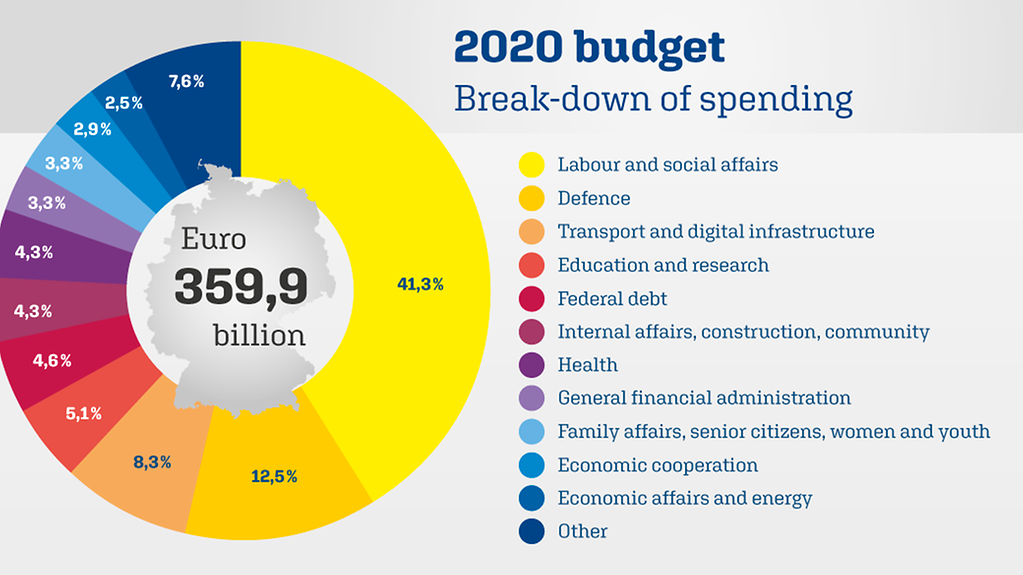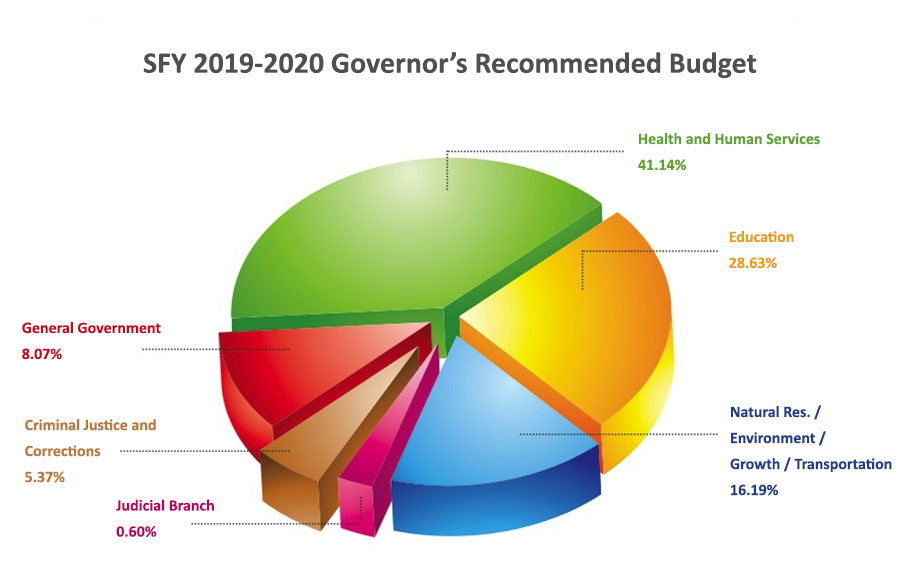

Hispanic adult population by gender, Hispanic origin, partisan affiliation, education and other categories. The survey is weighted to be representative of the U.S. This way nearly all adults have a chance of selection. Hispanics have taken the survey online since 2019, primarily through the American Trends Panel (ATP), which is recruited through national, random sampling of residential addresses. Views of Hispanic identity draw on the Center’s National Survey of Latinos (NSL), which is fielded in English and Spanish.
U.S. FEDERAL BUDGET 2021 PIE CHART SERIES
Some ACS data was accessed through Integrated Public Use Microdata Series (IPUMS) from the University of Minnesota. The bureau’s American Community Survey (ACS) provides demographic details such as race, country of origin and intermarriage rates. National counts of the Latino population come from the Census Bureau’s decennial census (this includes PL94-171 census data) and official population estimates. Census Bureau data and two decades of Pew Research Center surveys of Hispanic adults in the United States. To answer the question of who is Hispanic, this analysis draws on five decades of U.S. We’ll answer these common questions and others here. today? How exactly do the federal government and others count the Hispanic population? What role does race play in deciding who counts as Hispanic? And how do surveys incorporate various terms people use to describe their Hispanic identity, such as Latina or Latinx? So, who is considered Hispanic in the U.S. At the same time, the federal government has proposed a change to how race and ethnicity are measured in government surveys like the decennial census, bringing even more attention and debate. used a different approach from previous censuses to measure racial identity, which has provided new insight into how Hispanics view their racial identity.

The once-a-decade head count of all people living in the U.S. Recently, results from the 2020 census have drawn attention to how Hispanic identity is defined and measured in the United States.

(Jeffrey Greenberg/Universal Images Group via Getty Images)ĭebates over who is Hispanic and who is not have often fueled conversations about identity among Americans who trace their heritage to Latin America or Spain. Beauty pageant contestants at the Junta Hispana Hispanic cultural festival in Miami.


 0 kommentar(er)
0 kommentar(er)
